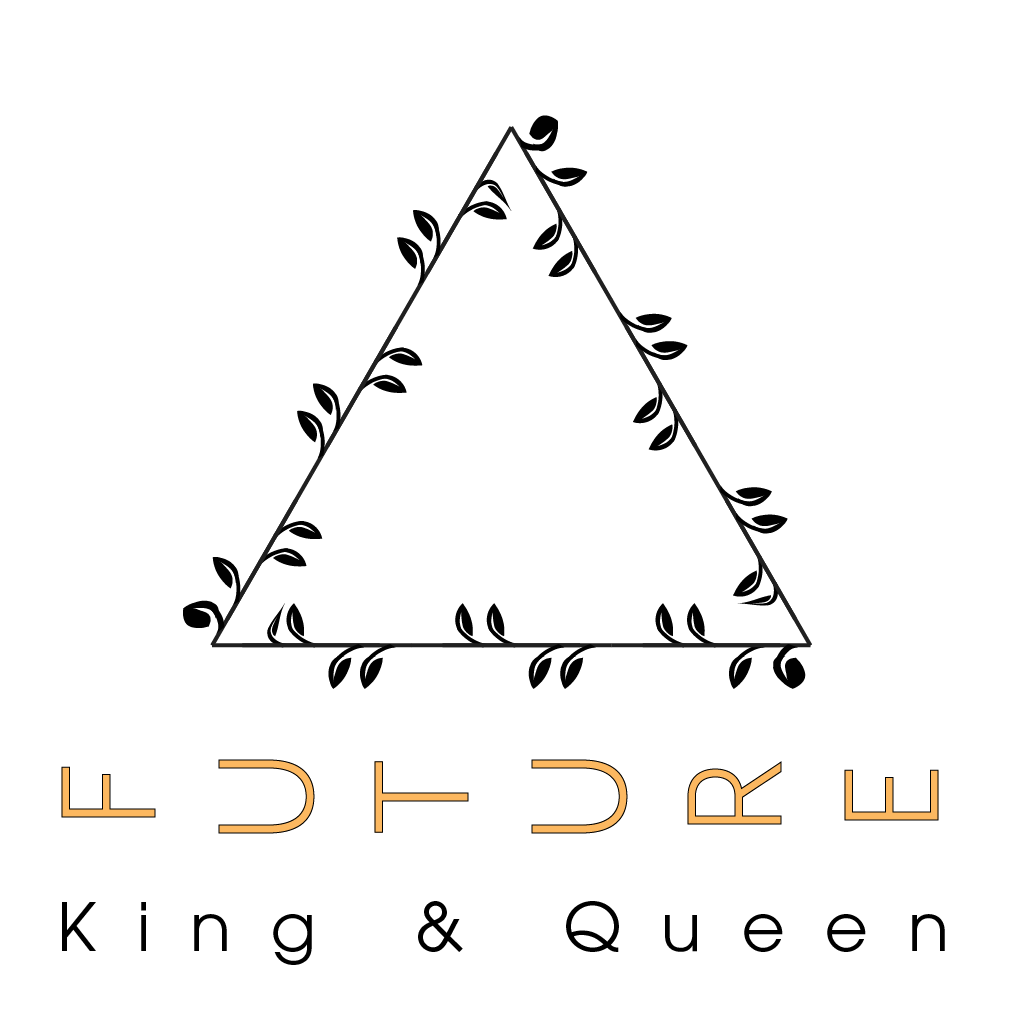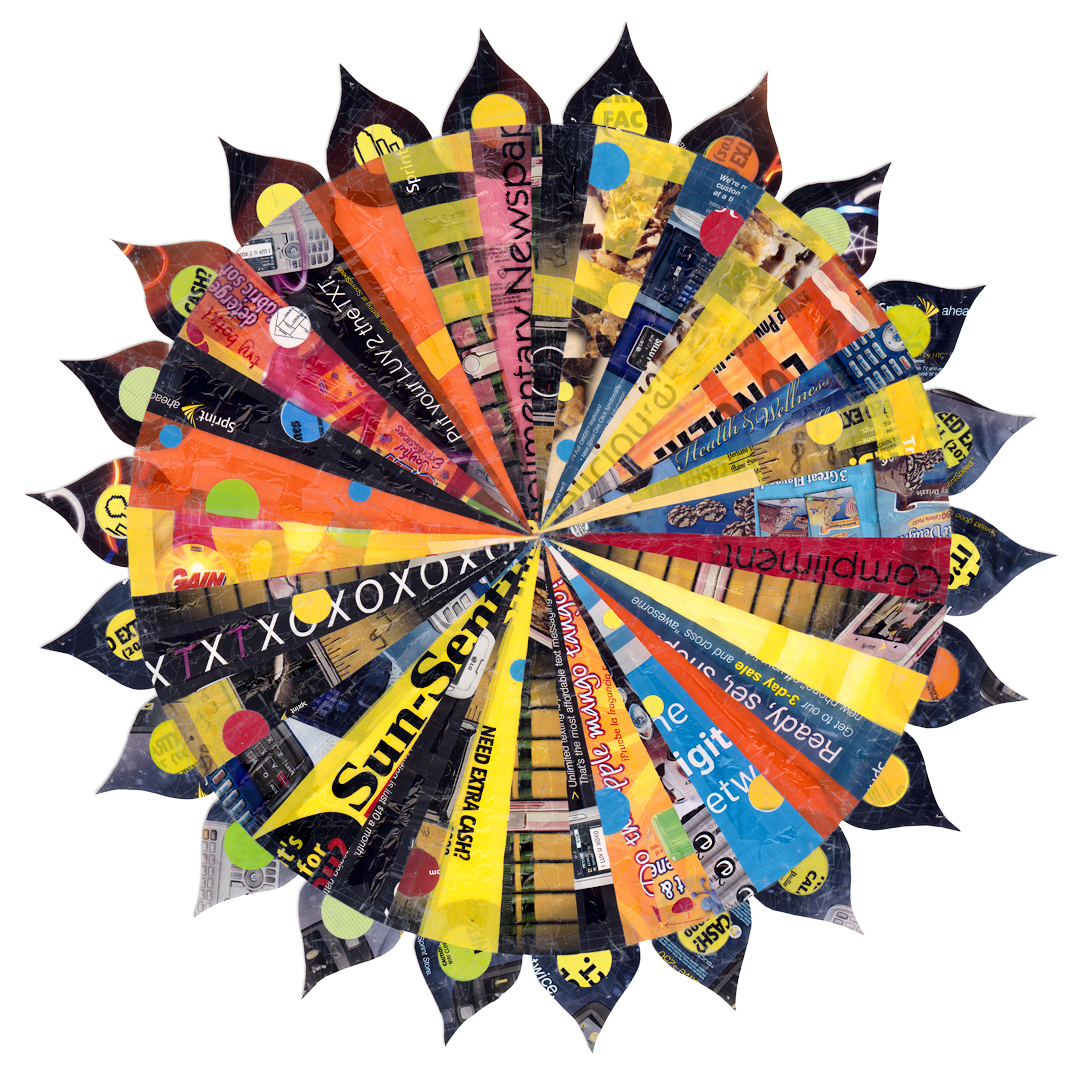Recycle, compost or landfill? What's the difference between plastic bag types?
Biodegradable, degradable, compostable - what's the real difference between so called "green" plastic bags? Do they really break down, and most importantly, what's the best way to dispose of them to create the least landfill? Because if you get caught out shopping without your own bags and a shop assistant waves the offer of a plastic bag at you, should you say yes?
In a nutshell, here's our guide to how the "green" plastic bag types vary....
Biodegradable Plastic Bags
- Sounds good, but are they?
- "Bio" means "life" meaning these bags need a living organism (bacteria or fungi) to break them down. But in order to do so, a temperature of 50+ degrees C is needed, as well as exposure to UV sunlight, and the right amount of moisture. Which mostly doesn't occur in the average compost bin.
- Generally, biodegradable plastic bags contain some form of plant material (like corn starch) instead or as well as fossil fuels - but this doesn't necessarily mean they will break down - without those all-important conditions.
So where can I put them?
- In a home compost bin? No.
- If your local council offers a plastic bag recycling program, they can be disposed of via that, but they shouldn't be placed in general recycling bins. A lot of councils in Melbourne now offer a separate waste collection for these sorts of plastic bags, but check with your local council first to see what they offer. Alternatively, many supermarkets around the world offer a recycling program for biodegradable bags.
- Better avoided. ✘
DEGRADABLE PLASTIC BAGS
- The main difference between traditional plastic bags and degradable ones is that the former will break down into smaller particles in a shorter amount of time.
- Is that a good thing?
- It looks better - but it's still there, as far as the environment is concerned. In fact, it can be worse if it gets into the marine system, as smaller particles can be swallowed by smaller creatures.
- When these bags break down, like their traditional counterparts, they release methane gas.
- Degradable plastic bags are mostly made from fossil fuels, but have various additives to help them break down faster than traditional plastic bags.
So where can I put them?
- In a home compost bin? No.
- Like bio-degradable plastic bags, they are only recyclable through commercial recycling facilities. If your council offers this in addition to general recycling of more easily processed materials like aluminium & steel cans, glass and paper, then by all means place them in special recycling containers. Otherwise, they're a bit of a disaster in landfill or if they make their way to the ocean system.
- Better avoided. ✘
COMPOSTABLE PLASTIC BAGS
- This option sounds the best of all - because you can chuck them in your own compost bin, right? Well, not necessarily.
- Compostable may mean it is only compostable in a commercial compost facility. Oh dear, tricked again.
- Mostly made from plant materials, but in itself that doesn't mean it will necessarily break down.
- Look for the label "Home Compostable" because only then will it break down under the normal conditions of the average compost bin tucked into a corner of the garden.
So where can I put them?
- In a home compost bin? Yes if the label actually says so.
- If not, they can be placed in some recycling bins - check your local council to see what they will accept.
- Best of the 3 options but only if labelled "home compostable". Otherwise, better avoided. ✘
instead of plastic
Look for paper bags,
or even better,
take your own fabric bags
made from organic cotton or linen when shopping for fresh food.
So the "green" plastic bags aren't really that green after all?
Exactly. It's often a case of green washing.
We think, as consumers, we are making the better choice for the environment by selecting these "greener bags" but unless the plastic bags are clearly labelled "home compostable" it's simply better to avoid them altogether. Yes, a lot of them can be increasingly recycled from more and more collection points, but that's also a huge waste when there really are good alternatives instead.
After all, before World War II and the enormous boom of plastic development, people found other ways to carry home, and store, their food. We've got lots of ideas to go plastic free in our earlier post here.
Instead of using plastic bags, consider investing in a set of organic cotton net string bags, or organic cotton or linen drawstring bags, to collect goods like oats, flours, fruit and veggies. Wet veggies, like lettuce, can be trickier, but they work well in organic cotton calico bags which can be washed after use and kept with your main shopping bags ready for their next outing. (They also help to keep veggies fresher for longer in the fridge too.)
And instead of using plastic shopping bags, you can use woven market bags, or jute bags, or bags made from linen or organic cotton. Alternatively, there are lots of shopping totes available made from recycled plastics, which seems like a better solution than sending them off to landfill in the first place. (Be wary of accepting the many "free" re-usable shopping bags which are made from virgin plastics - or we're just going round and round in the endless plastic demand cycle.)
As we discover more and more about living a zero waste lifestyle, it seems better to choose natural fibres which do actually break down in a compost bin when they reach the end of their useful lives.
But we have found one fabulous use for some of the zillions of plastic shopping bags - as art work. Artist Virginia Fleck creates these most colourful and beautiful pieces entirely from used plastic bags, and as they have mostly been installed in high profile green buildings, they provide food for thought. Gorgeous, aren't they?
“Plastic pollution is a massive and at the same time intensely personal environmental problem...we touch and see plastic every day of our lives. With every trip to the grocery store we can readily see our waste footprint grow.
On the bright side, all of us can do something immediate and measurable to reduce it.”





